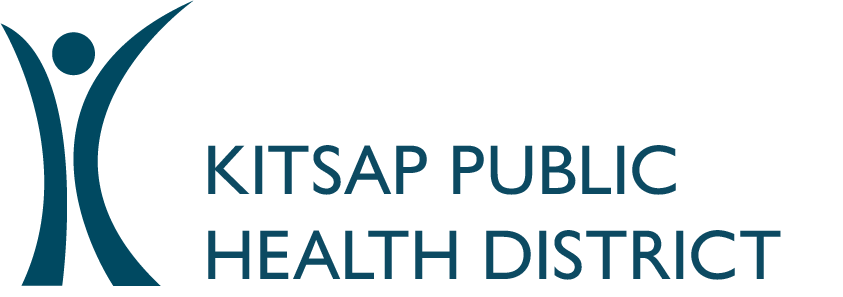Warning issued for Mission Lake due to potentially toxic cyanobacteria
- katiebaker9
- Aug 14, 2024
- 2 min read
Aug. 14, 2024
KITSAP COUNTY, WA
Public advised to avoid all contact with lake due to health risks for people and animals.
Today the Kitsap Public Health District issued a cyanobacteria warning for Mission Lake. The public is advised to avoid all contact with water in Mission Lake due to the presence of potentially toxic cyanobacteria, also known as blue-green algae.
There are many different types of cyanobacteria and not all blooms are toxic. The cyanobacteria present in Mission Lake are known to produce toxins.
Because toxic cyanobacteria can make people sick, and can kill pets, fish, waterfowl and livestock, the public is advised to:
Avoid all contact with the lake water until further notice. This means no swimming, wading, or types of water play where water could be swallowed or get in the mouth, nose or eyes (especially in areas where blooms are concentrated).
Avoid ingesting lake or stream water. If a resident draws lake water for drinking purposes, they are encouraged to drink bottled water until further notice.
Limit access of pets and livestock to the lake.
Avoid eating fish caught during the algae bloom.
Rinse boats and trailers thoroughly before going to another lake.
No illnesses have been reported to Kitsap Public Health at this time. Advisory signs will be posted at public access areas and roadsides around the lake. The Health District will continue to monitor for cyanobacteria post updates as conditions change.
Park visitors are encouraged to sign up to receive swimming beach advisories via email or text, and follow Kitsap Public Health District on Facebook, Twitter and Instagram for updates.
REPORT HEALTH CONCERNS
Residents who live near lakes or people visiting the lake are encouraged to look for cyanobacteria blooms and contact Kitsap Public Health District at 360-728-2235 when blooms are observed, or if they notice any of the following conditions:
Large numbers of dead fish in the lake.
Sudden or unexplained sickness or death of a pet cat or dog.
If someone has entered the water and experiences skin rash, dizziness or weakness, respiratory allergy, abdominal pain, diarrhea, or vomiting.
RESOURCES:
MEDIA CONTACT:
Tad Sooter | Public Information Officer Kitsap Public Health District 360-728-2330 - office | (360) 728-2235 - main pio@kitsappublichealth.org | kitsappublichealth.org






.png)
